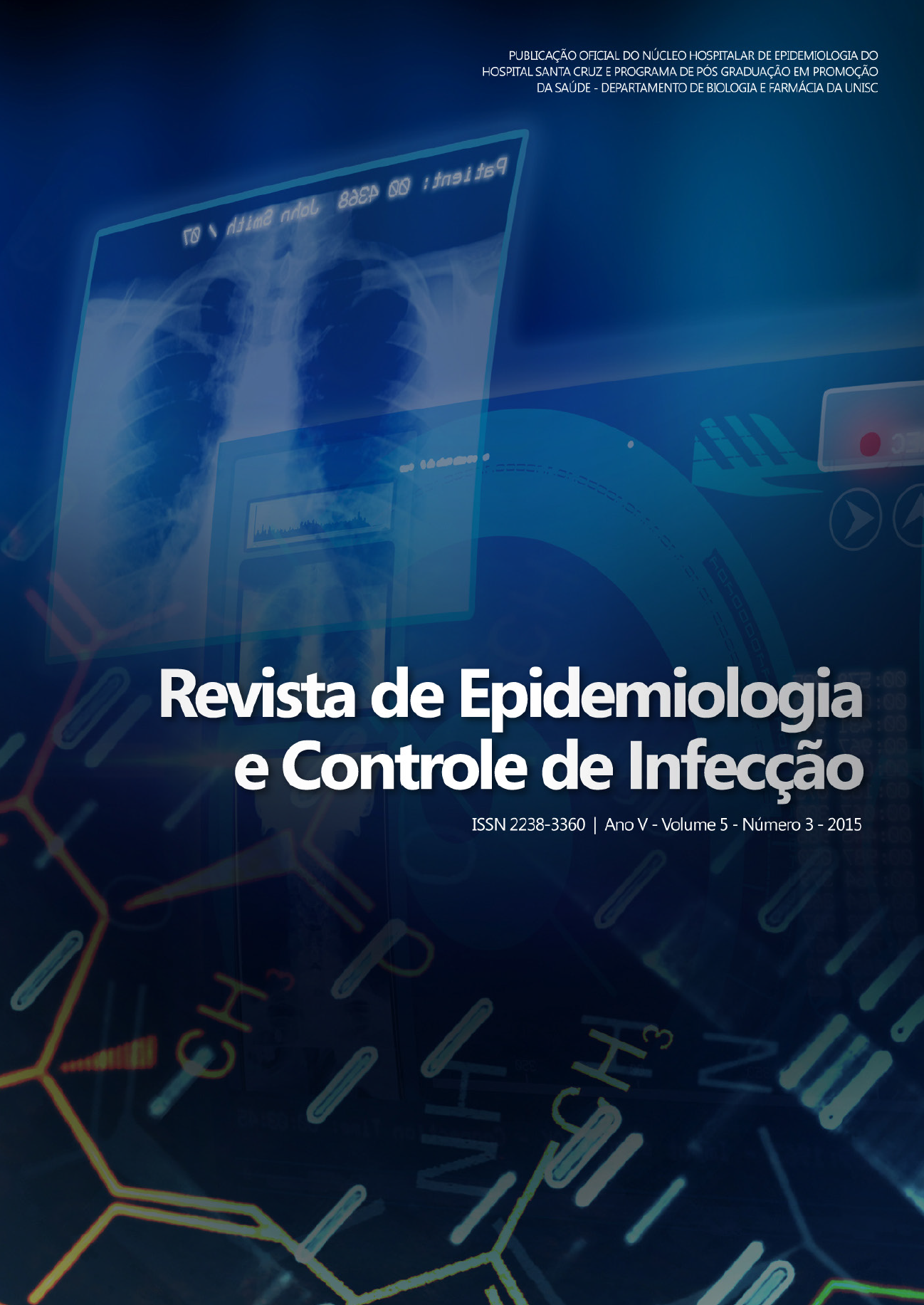Toxoplasmi Gestational: a review of the literature
DOI:
https://doi.org/10.17058/reci.v5i3.5178Abstract
Background and Objectives. Toxoplasmosis is an infectious disease caused by the parasite Toxoplasma gondiie has high vertical transmission rates, reaching 65% in the third trimester of pregnancy. The main focus was to review the diagnosis and management of gestational toxoplasmosis, highlighting the importance of screening during pregnancy with serology request early during the prenatal period. Content. The main ways of getting gestational toxoplasmosis are the ingestion of undercooked meat and unwashed vegetables and also the direct or indirect contact with oocysts present in the feces of cats. The diagnosis of gestational toxoplasmosis is done through research of specific antibodies of the IgG and IgM against Toxoplasma gondii in serum samples and tracking is required during the prenatal period. Nevertheless, this disease is highly prevalent in Brazil, with 60,000 new cases a year and is considered a serious public health problem. Treatment varies according to the gestational period and is based on the spiramycin administration, may or may not be switched sulfadiazine, pyrimethamine and folinic acid, aiming to reduce the consequences for the newborn. Conclusion: Thus, it is understood that for the diagnosis of acute infections serological screening is the most appropriate treatment and, once detected seroconversion in pregnant women should be immediately initiated therapy with spiramycin. Key-words: Toxoplasma. Congenital toxoplasmosis. Communicable Diseases. Infection Diseases transmission vertical. Prenatal Care.Downloads
Downloads
Published
How to Cite
Issue
Section
License
The author must state that the paper is original (has not been published previously), not infringing any copyright or other ownership right involving third parties. Once the paper is submitted, the Journal reserves the right to make normative changes, such as spelling and grammar, in order to maintain the language standard, but respecting the author’s style. The published papers become ownership of RECI, considering that all the opinions expressed by the authors are their responsibility. Because we are an open access journal, we allow free use of articles in educational and scientific applications provided the source is cited under the Creative Commons CC-BY license.


